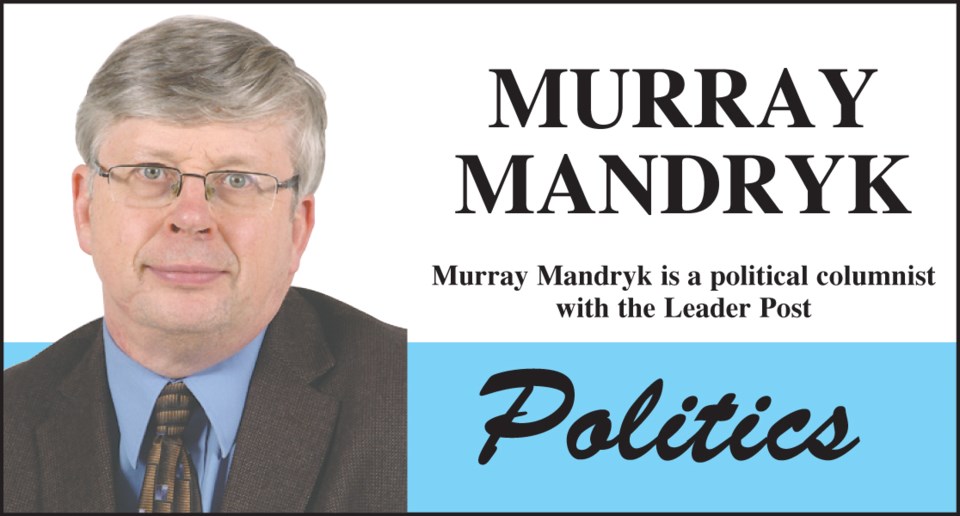A decade or so ago, it was the BSE crisis. This was far, far more about American cattlemen wanting a leg up on their Canadian competition than any serious dangers posed by extremely isolated cases of bovine spongiform encephalopathy that our food security system caught, anyway.
Well, fast forward a decade and it’s now all about the Chinese offering up bogus concerns over Canadian canola. Again, this likely has nothing to do with the quality of the product and everything to do with politics.
It all sounds similar to the BSE crisis with perhaps one big difference.
Dealing with the protectionist Republican George W. Bush government of the day will was a picnic compared with dealing with the irrational and unreachable Chinese administration.
Sure, Premier Scott Moe and his predecessors like Brad Wall, Lorne Calvert, Roy Romanow and Grant Devine have all made trips to China to solidify relationships with Saskatchewan’s and Canada’s second-biggest trading partner after the U.S.
But it all matters naught if the upper echelon of the China’s communist government decides to act in a punitive way towards a country that did something to displease the regime.
And let us again stress that this is far more about the arrest and detention of the Huawei executive in Vancouver last December than it is about the quality of Canadian canola.
At the behest of the United States, the federal Liberal government was simply following international protocol on extradition agreements. For all the legitimate reasons to be annoyed at Prime Minister Justin Trudeau’s administration, it’s doubtful any Canadian government would have handled the situation any differently.
Unfortunately, that still leaves Saskatchewan agriculture at the mercy of the whims of a large importer.
Of the 20.3 million tonnes of canola that Canada grew in 2018, 10.9 million tonnes came from Saskatchewan.
About 40 per cent of that canola is exported to China that purchases about 60 per cent of all canola imports in the world.
That China is now barring Canadian canola is a very big deal. The only question right now is: What’s the best way to handle this situation?
One gets Premier Scott Moe’s sincere frustration and sincere desire to want to do something.
“We are a month now with no identifiable movement with respect to this trade relationship,” Moe told reporters at the Saskatchewan legislature last week. “We need to engage and we need to ensure that we are able to get our trading partner’s attention.”
But then the Saskatchewan Premier talked about exactly reciprocal with respect to the inspection criteria that our products are undergoing”. Moe didn’t go into details as to what he was suggesting, but the simple fact of the matter is that we don’t have many retaliatory measures to make.
For as good as sabre rattling may sound to many frustrated farmers, politicians have to careful as to what they say and do when it comes to dealing with China.
For example, Canada is just not a big importer of Chinese food. In 2017, China only exported $464 million worth of food to Canada — China’s 14th federal food customer.
We do run massive trade deficits with China — $49 billion in each of the last two years.
But is Moe and his Sask. Party government as willing to see retaliatory measures on clothing, dry goods and electronics?
Is this government willing to curtail its interest in promoting carbon capture and in China? What about relations with the Yancoal potash mine?
And then there is SaskTel’s decade-long relationship with Huawei in which the Crown telephone utility has done $164-million worth of business since 2010.
Trade relations are messy and there’s only so much a provincial premier can do to address the mess.
Murray Mandryk has been covering provincial politics for over 22 years.



